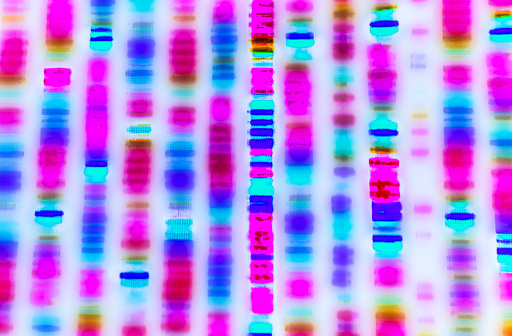
latest
Genome sequencing in newborns event
Public have their say on genome sequencing in newborns

“Our consultation shows that really carefully done [whole genome sequencing of newborns] would have some public support Prof Sir Mark Caulfield, chief scientist at Genomics England
Public attitudes to using whole genome sequencing for newborn screening will be shared at a free online event, 8 July.
The views of 130 members of the public from around the UK were obtained by Genomics England, the UK National Screening Committee and Sciencewise earlier this year during four online workshops and a webinar.
The dialogue included the implications for the NHS and society of using whole genome sequencing for newborn screening.
This proposal was at the heart of the chief medical officer annual report of 2016, with a group of experts convened by Genomics England – which subsequently recommended a research programme to sequence the whole genome of all newborns.
Questions to be considered during the morning will include:
- What are the values and principles that inform these views?
- How do we trade off potential harms with potential benefits for the child, the parents, the wider family, the NHS and society more broadly?
- What might a newborn screening programme using genomics look like?
- What safeguards and information are needed?
According to an article in the Guardian newspaper, the dialogue with the public has given a boost to the sequencing plans.
Prof Sir Mark Caulfield, chief scientist at Genomics England, said: “Our consultation shows that really carefully done [whole genome sequencing of newborns] would have some public support.”
Sir Mark added that consultations with professionals were now under way.
Currently all babies have a “heel prick” or blood spot test at around five days old to screen for nine serious health conditions including cystic fibrosis, sickle cell disease and various metabolic diseases.
If identified, these conditions can be managed. But currently genetic testing before birth is only offered in newborns in certain cases, for example to follow up on sickle cell results from the blood spot screening, if there are concerns a baby might be at risk for particular inherited diseases, or for very sick children without a diagnosis.
Proponents say sequencing the whole genome – and for all newborns – offers greater opportunities to spot whether babies have an increased risk of particular diseases, potentially opening up the opportunity for early interventions from diet changes to gene therapy.
Participants in the consultations stressed the need for parents and families to be given support to deal with the psychological and emotional impacts of a diagnosis.
Register to attend the event which will be from 10am to midday, 8 July.